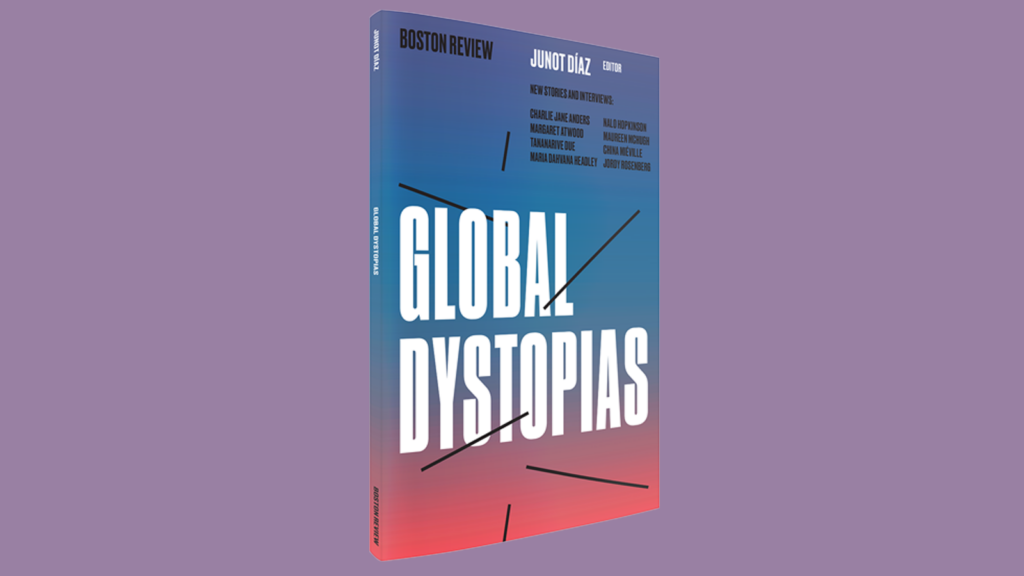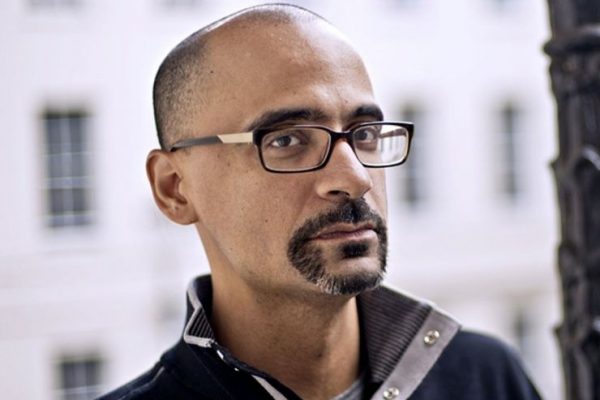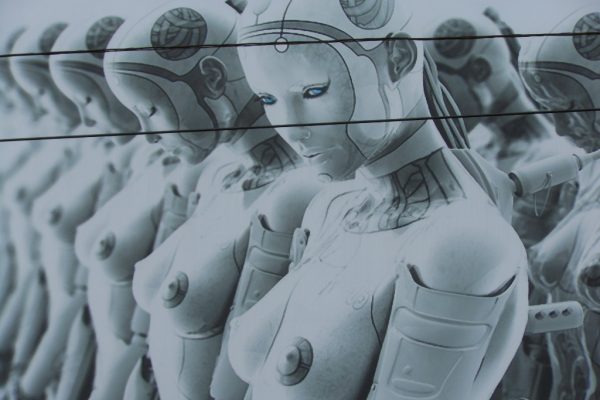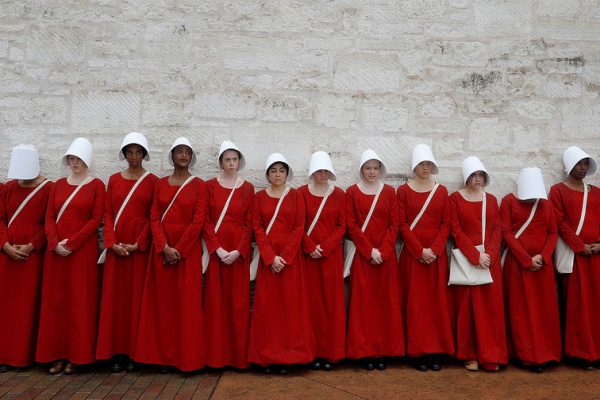Stories

Adrienne Bernhard
After Chernobyl
Order our Fall 2017 book today to read more.
An aging AI researcher, alone with her robot companion, must make a difficult decision when the android begins to malfunction. Short Story
Sumudu Samarawickrama
“The intake process begins with dismantling her personal space, one mantle at a time.”
Charlie Jane Anders
“'I felt no hunger but the habit of food struck me intensely. My nightgown was grubby and torn. My limbs were scraped, spotted with yellow bruises, but I felt no pain.” Short Story
Theo Costantino
In a lost tale of Casanova, the citizens of a country at the center of the Earth must give up their home—and their women—to colonizers. Short Story
Maria Dahvana Headley
Once I learned of the existence of mothers, I decided to order one for myself.
JR Fenn
Years after an extinction event nearly wiped out humanity, a team of scientists search Venezuela for signs of life and evidence of what caused the tragedy. Short Story
Mike McClelland
In the aftermath of a flu pandemic that kills most of the population, a survivor, barricaded in Alaska, remembers her life while contemplating a grisly choice. Short Story
Maureen F. McHugh
Interviews and Essays
Junot Díaz interviews Margaret Atwood about The Handmaid's Tale, political dystopias, and Drake.
Margaret Atwood, Junot Díaz
From invading Afghanistan to dismantling Confederate monuments, George Orwell has been pressed into the service of all sorts of causes. But the real Orwell remains unknown.
Peter Ross
We live in Philip K. Dick’s future, not George Orwell’s or Aldous Huxley’s.
Henry Farrell
The monotony of slow cinema defamiliarizes our world and enables us to see it critically.
Mark Bould












